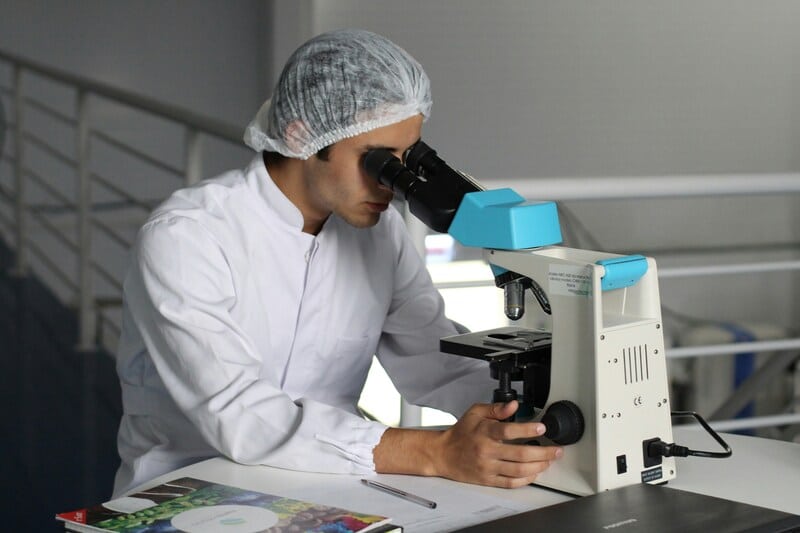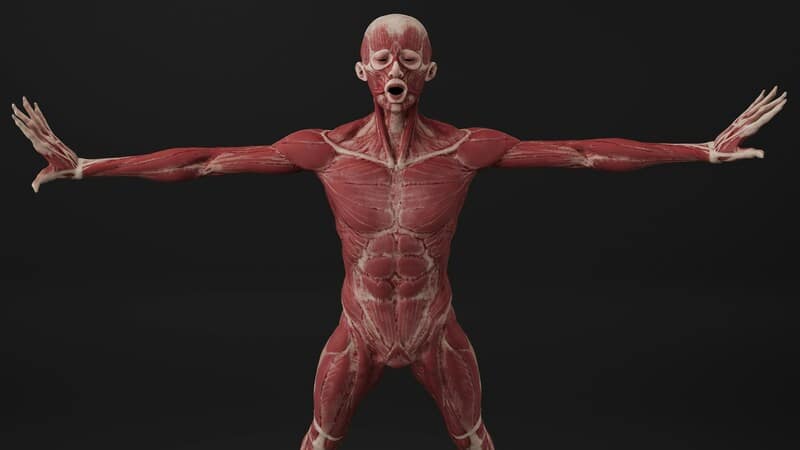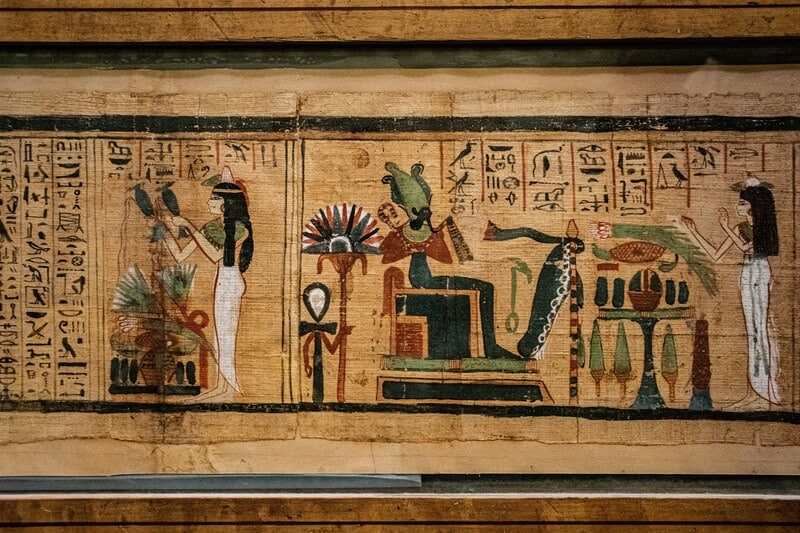The testicles or testes are important parts of the male anatomy, specifically the reproductive system. Due to their importance, testicular disorders are common for men or individuals who identify as male, hindering their fertility and sexual functioning. Particularly, the testes are two organs found inside the scrotum and behind the penis, serving two main purposes: generating sperm and producing male hormones like testosterone.
Exploring Testicular Disorders
Although testicular disorders are rare and typically not severe, experiences of testicular pain shouldn’t be ignored. Likewise, an individual who notices changes in their testicles including firmness and lumps, should contact their doctor promptly. Regardless of potential embarrassment, consulting a doctor about testicular disorders or diseases prevents future issues.
The most life-threatening disease is testicular cancer as it affects men or individuals who identify as male in the 18-35 age group. Although this disease is curable, testicular cancer accounts for 1% of all cancers impacting U.S. men. Notably, individuals with family or personal history of undescended testicles and testicular cancer have higher risks of developing the disease.
Other common testicular disorders include epididymitis, characterized as inflammation in the epididymis where sperm matures. This disease affects 600,000 individuals annually, between the ages of 19-35. What’s more? Unprotected sex increases the risk of developing epididymitis. Varicocele is another testicular disorder, affecting 1 in 5 men and is usually benign. In contrast, hydrocele is also a rare testicular disorder. While varicocele focuses on swollen veins found above the testicles, hydrocele involves excess fluid accumulating around them.
Exploring Testicular Cancer, Epididymitis, and Varicocele
Testicular disorders have various forms with each requiring medical attention to be properly treated. Characterized by cellular mutations, testicular cancer is a gradually growing and painless lump found in one testicle. Individuals with this cancer often find these lumps themselves, and with prompt medical intervention, they can be cured. Comparatively, testicular torsion is rare but is considered an emergency. This disorder causes sudden pain by twisting a testicle, potentially leading to testicle death. Furthermore, testicular torsion usually occurs during puberty or between ages 10-15.
Sexually transmitted infections (STI), pressure buildup, or injuries are typical risk factors for epididymitis. This testicular condition arises from an infection or inflammation in the epididymis, leading to mild or severe pain, fever, and swelling. Veins dilating above the testicle may be varicocele and is typically harmless, however, it can cause mild or moderate painful fertility issues. Any bulge discovered above the testicles, particularly when a person strains or stands, requires medical attention.
Exploring Hydrocele, Orchitis, and Hypogonadism

Another testicular disorder is hydrocele, which is typically a benign health condition where fluid accumulates surrounding the testicle. When these fluids collect and become big enough, an individual may struggle with pressure or pain. Furthermore, hydrocele develops without any known cause or previous, obvious trauma. In contrast, orchitis is a testicular disorder that causes inflammation in one or both testicles due to infections, mumps, or STDs including chlamydia and gonorrhea.
Hypogonadism impacts the testicles by producing inadequate testosterone due to pituitary gland or organ issues. Risk factors of this testicular disorder include underlying illnesses, medications, injuries, age, undescended testicles, and genetic disorders. An individual with hypogonadism may develop enlarged breast tissue, reduced beard growth, infertility, decreased sex drive, and erectile dysfunction. Menopause-like symptoms like hot flashes and mood swings are also common symptoms of hypogonadism.
Treatments for Testicular Disorders
Orchiectomy helps people with testicular cancer by surgically removing the affected testicle. However, if the cancer spreads, other treatments including radiation, chemotherapy, or combination therapy and lymph node removal may be required. Not only is testicular cancer curable, but even its advanced stages can be treated. On the other hand, anti-inflammatory medication or antibiotics are typical treatment methods for epididymitis. Ice packs, athletic support, pain management, and bed rest are preferred treatments for more severe cases. Specifically, pain resolution gradually occurs, taking weeks or even months to complete.
An individual with testicular torsion has a medical emergency that requires prompt medical attention to the affected testicle. This emergency surgery focuses on both testicles, untwisting the affected testicle, and preventing its reoccurrence in the future. While varicoceles don’t require treatment, coil injection or microsurgery addresses fertility issues effectively. For large or painful hydroceles, an individual may need surgery or invasive injections in the scrotal walls. Lastly, hormone therapy, particularly the pituitary gland or testosterone therapy, can treat hypogonadism.
Final Thoughts
So far, preventing testicular disorders remains challenging for healthcare professionals. However, they agree that early detection is essential for treatment to be the most effective. Partially preventing epididymitis, in particular, requires an individual to follow safe-sex practices, and to avoid straining oneself with a full bladder or lifting heavy objects. Many health experts recommend that young men or individuals who identify as male should have monthly doctor visits to potentially catch testicular disorders early.
Disclaimer: This article is intended simply to provide information. It does not replace the medical advice of a physician or other medical professional. Please speak with your doctor or therapist if you have any questions or concerns.




